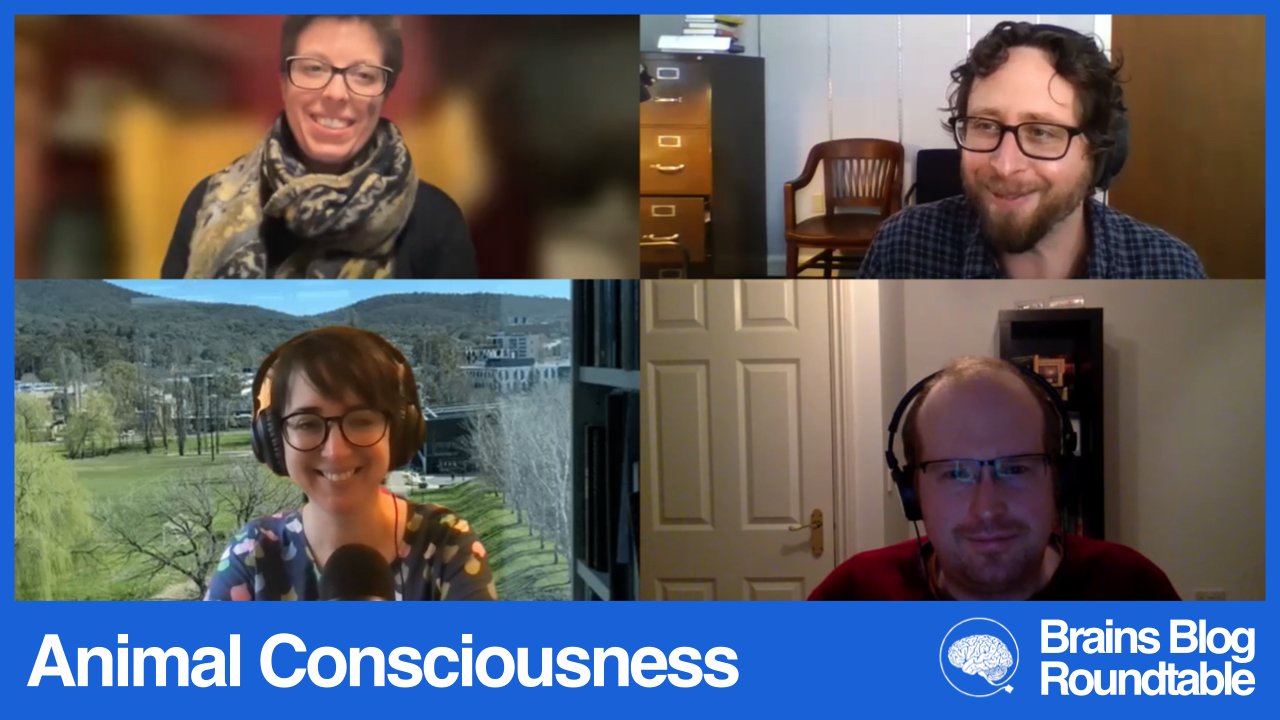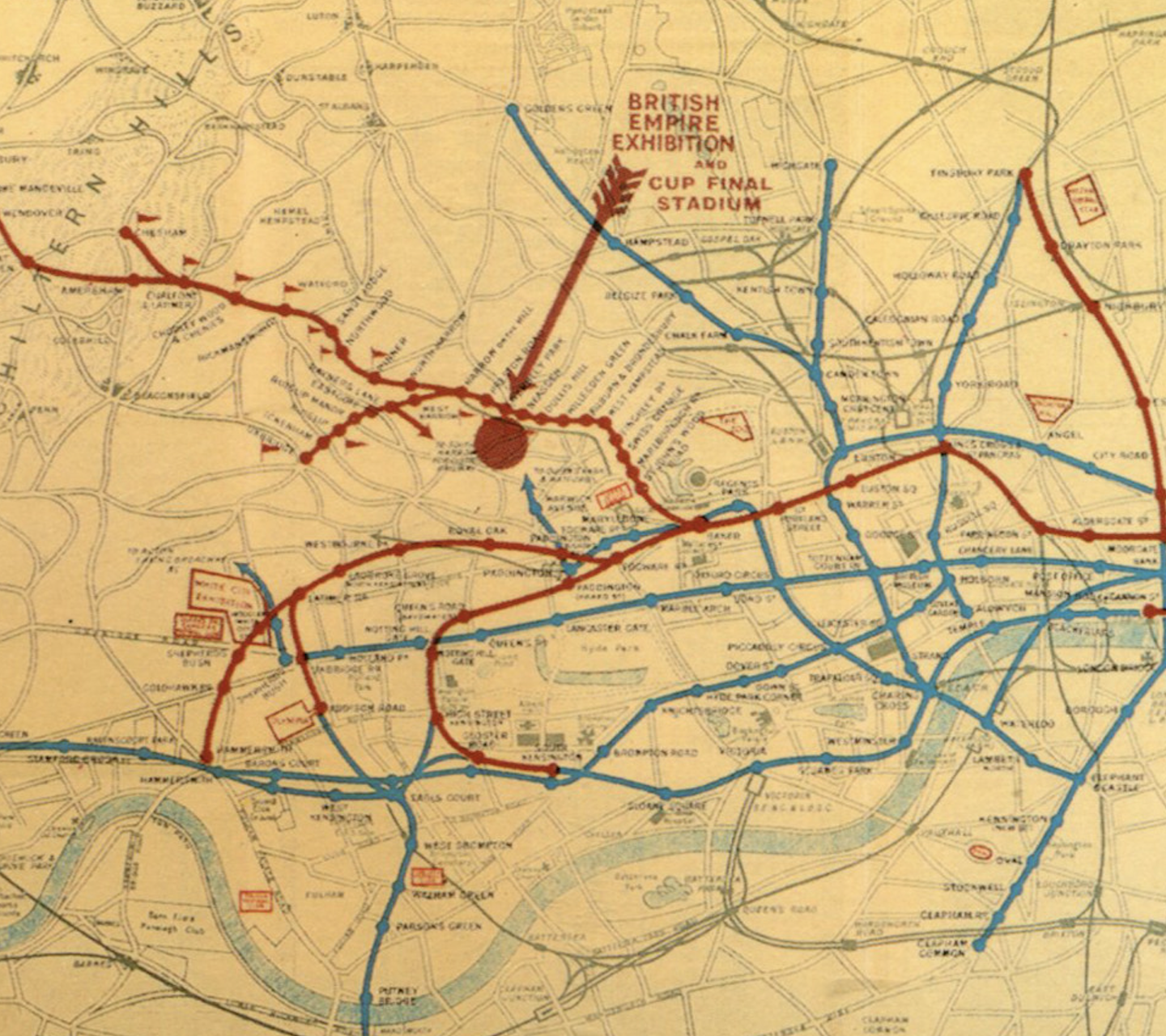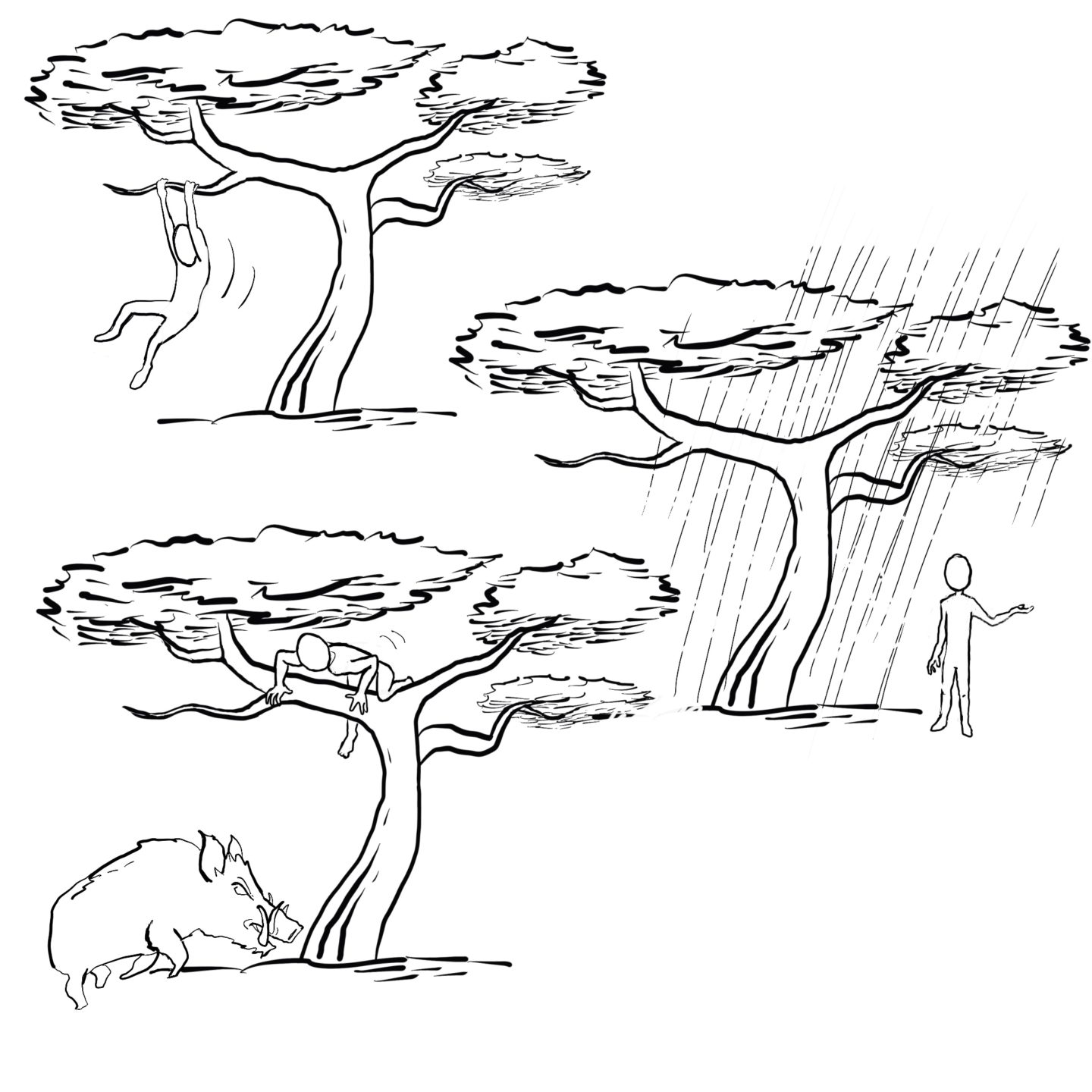Brains Blog Roundtable: Animal Consciousness
We are delighted to announce the next in our series of Brains Blog Roundtables. The topic of this discussion is animal consciousness! Please join Dan Burnston and our fantastic panelists, Liz Irvine (Cardiff), Rachael Brown (ANU), and Jonathan Birch (LSE) for a great discussion about how to investigate, measure, and …







